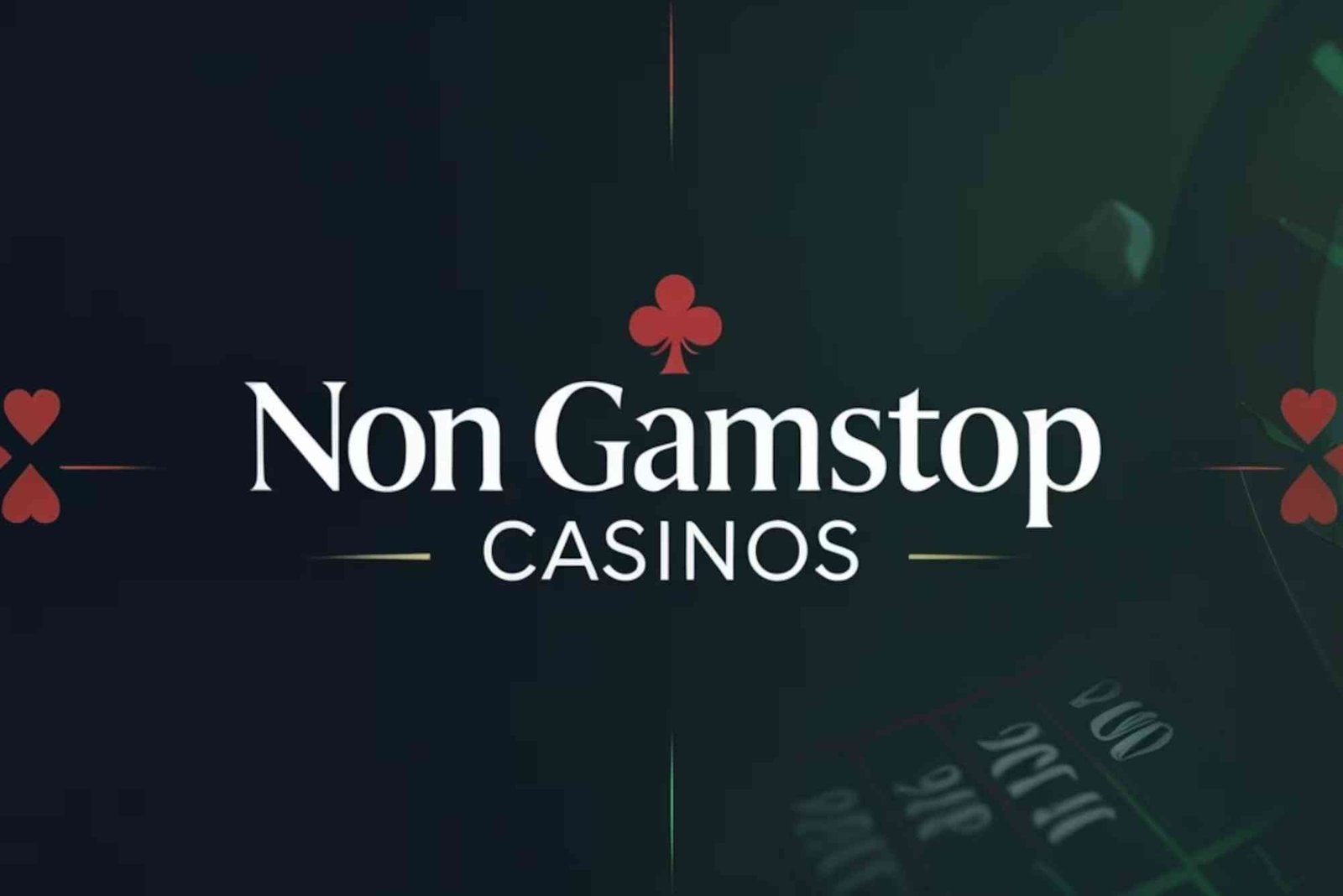The world of sports betting has evolved rapidly in the past two decades, and one of the most transformative innovations has been the rise of betting exchanges. Unlike traditional bookmakers, which set odds and accept bets directly from customers, exchanges allow players to bet against each other. This peer-to-peer model has disrupted the market in significant ways, offering opportunities and challenges that both bettors and bookmakers need to understand.
As someone who has observed this shift closely, I’ve seen how exchanges empower bettors while simultaneously forcing traditional bookmakers to adapt. The competition between the two models has reshaped the industry and continues to influence how betting platforms operate today.
The Core Difference Between Exchanges and Bookmakers
Traditional bookmakers make money by setting odds that include a margin—commonly called the “overround.” Bettors place wagers directly against the bookmaker, and the bookmaker’s profit comes from the difference between the odds offered and the true probability of the event.
Betting exchanges flip this model. Instead of betting against the house, users bet against one another. The platform simply acts as a middleman, charging a small commission on winnings. This structure means that odds are often sharper, reflecting real market supply and demand rather than a bookmaker’s pricing strategy.
Better Odds and Market Transparency
One of the most attractive aspects of betting exchanges is the potential for better odds. Since bettors themselves determine the market, odds tend to be closer to fair value. For savvy bettors, this translates into higher potential returns over time.
This transparency contrasts with traditional bookmakers, where odds are influenced by risk management, marketing strategies, and profit margins. Exchanges reduce that imbalance, giving bettors a more level playing field. It’s no surprise that exchanges are often the go-to platform for professionals who value precision in odds.
Increased Control and Flexibility
Exchanges also give bettors greater flexibility. Instead of only backing a team or outcome, players can “lay” bets—acting as the bookmaker by offering odds against a particular outcome. This allows for advanced strategies like hedging, arbitrage, and trading positions during live events.
For example, a bettor might back a football team to win before the match and then lay the same team once the odds shorten during the game, guaranteeing a profit regardless of the final result. Such strategies are almost impossible with traditional bookmakers, making exchanges highly appealing for experienced players.
The Challenge to Traditional Bookmakers
The rise of exchanges has put pressure on bookmakers in several ways. First, they’ve been forced to offer more competitive odds, knowing that informed bettors can easily compare prices across platforms. Second, bookmakers have had to diversify their services, introducing features like in-play betting, cash-out options, and streaming to retain customers.
Some bookmakers have even tried to merge exchange-style features into their platforms, blurring the line between the two models. Yet, despite these efforts, exchanges still hold an edge when it comes to transparency and bettor empowerment.
The Psychology of Trust
Trust plays a major role in the betting industry. Traditional bookmakers rely on brand reputation, marketing, and customer loyalty to retain players. Exchanges, by contrast, build trust through market dynamics. Bettors know that odds are shaped by the community, not by a single entity with its own profit motive.
This peer-to-peer transparency appeals especially to younger generations of bettors who value openness and fairness. It’s part of the reason why exchanges have seen consistent growth in markets where regulation allows them to thrive.
The Rise of Online Betting Ecosystems
Both exchanges and bookmakers now operate in a digital-first environment. Mobile apps, live updates, and fast payouts are the standard. Online ecosystems also integrate with other forms of gambling, from poker rooms to casino platforms. Many players discover exchanges while exploring casino games and digital slots, which highlights how interconnected today’s betting industry has become.
Platforms that combine sports betting with casino gaming can attract a wider audience. For example, exploring the best uk slot sites can introduce players to new opportunities while reinforcing the trend toward seamless, multi-platform betting experiences. Many of these digital platforms, such as best uk slot sites, operate within the same online landscape as exchanges, showing how versatile the industry has become.
Real-World Example: How Exchanges Shift Market Dynamics
Consider a major football match like a Champions League final. A traditional bookmaker might heavily favor one side, adjusting odds to manage risk. On an exchange, however, odds reflect the collective opinion of thousands of bettors. This creates more fluid markets, with odds adjusting rapidly as new information or sentiment emerges.
The result is a market that feels more alive, responsive, and democratic. Bettors who understand how to read market movements can leverage these dynamics for significant advantage.
Where Bookmakers Still Hold an Edge
Despite their challenges, traditional bookmakers aren’t going anywhere. They still dominate the casual betting market because of convenience, simplicity, and familiarity. Casual players often prefer the straightforward experience of placing a bet without worrying about commissions or market depth.
Bookmakers also excel at promotions, offering free bets, bonuses, and loyalty schemes that exchanges struggle to match. For many players, these perks provide enough incentive to stick with the traditional model, even if the odds aren’t always as favorable.
The Future of Betting: Coexistence, Not Replacement
Exchanges and bookmakers are likely to coexist rather than one replacing the other. Each appeals to different types of bettors: exchanges attract professionals and value-seekers, while bookmakers serve casual players who value ease of use and promotional incentives.
The competition between the two models ultimately benefits players. Bookmakers are forced to innovate, while exchanges continue refining their platforms. The future of betting will likely blend the strengths of both, creating hybrid platforms that borrow features from each model.
Final Thoughts
Betting exchanges have fundamentally challenged the dominance of traditional bookmakers by offering transparency, sharper odds, and greater flexibility. They’ve pushed the industry forward, forcing bookmakers to adapt and innovate. At the same time, bookmakers remain a staple for casual players who prefer simplicity and promotional offers.
The coexistence of both models has created a richer, more dynamic betting landscape. For players who understand the differences, the choice comes down to what matters most: control and fairness on an exchange, or convenience and perks with a bookmaker. Either way, the competition ensures that the industry continues to evolve in ways that benefit bettors.





